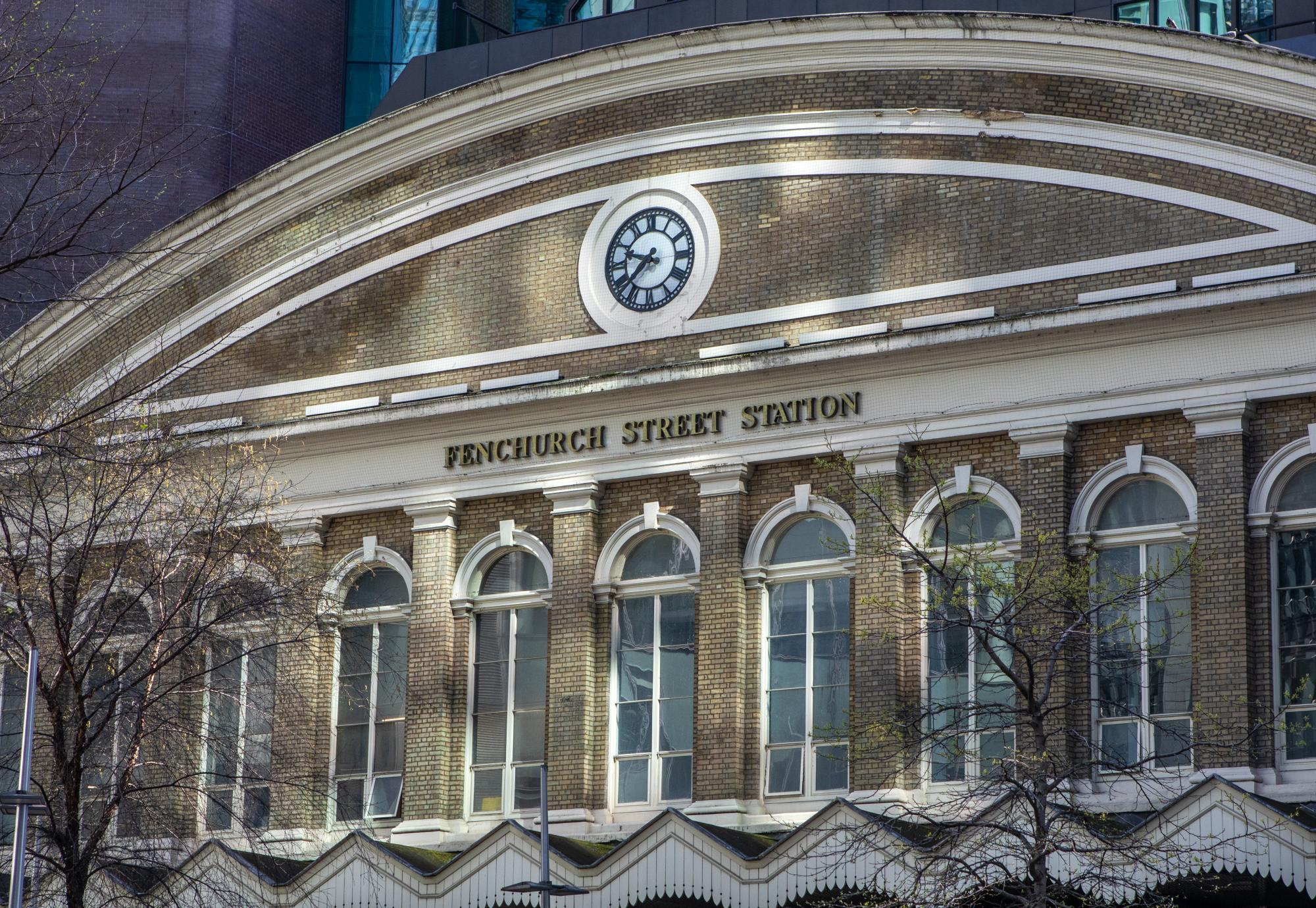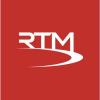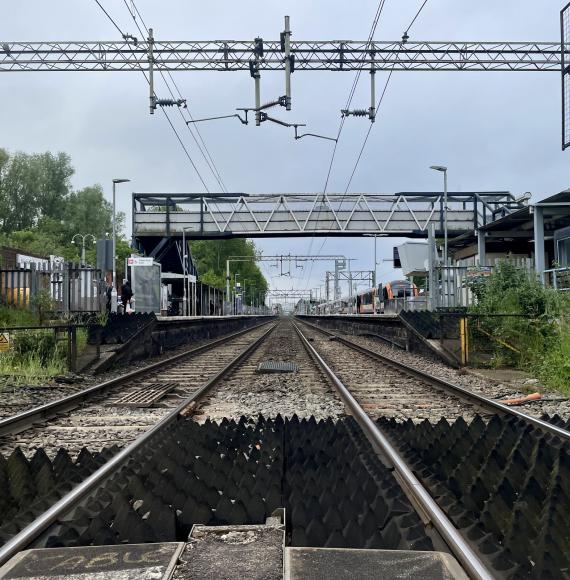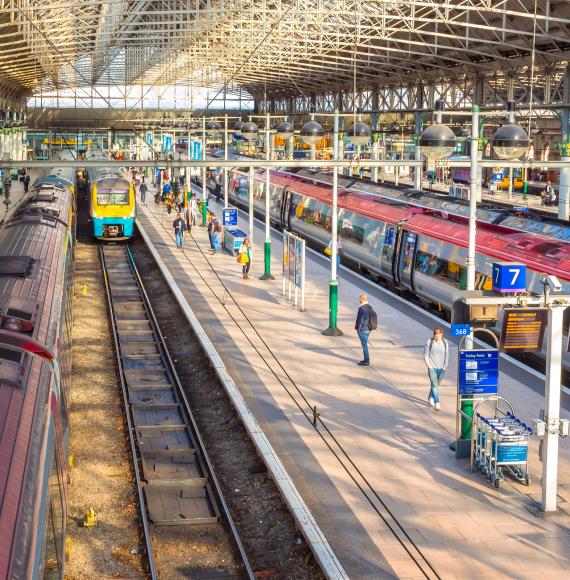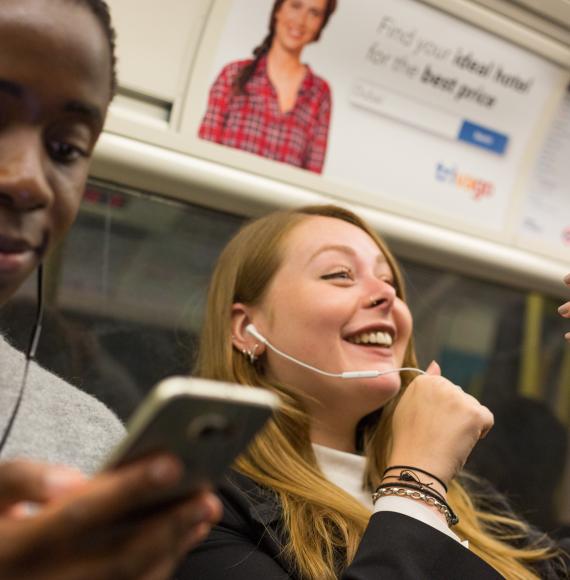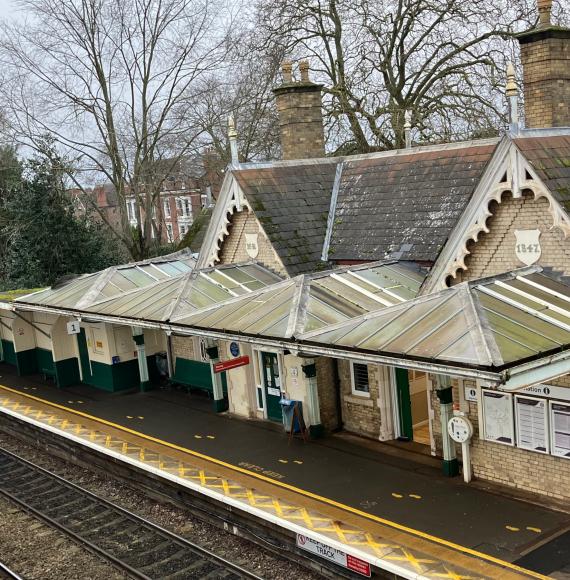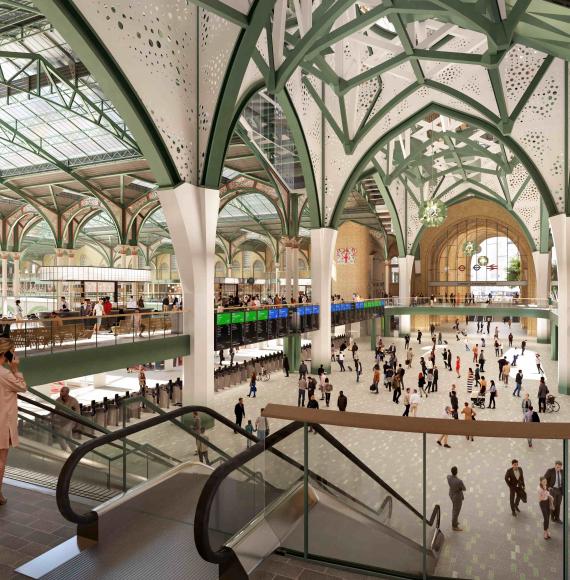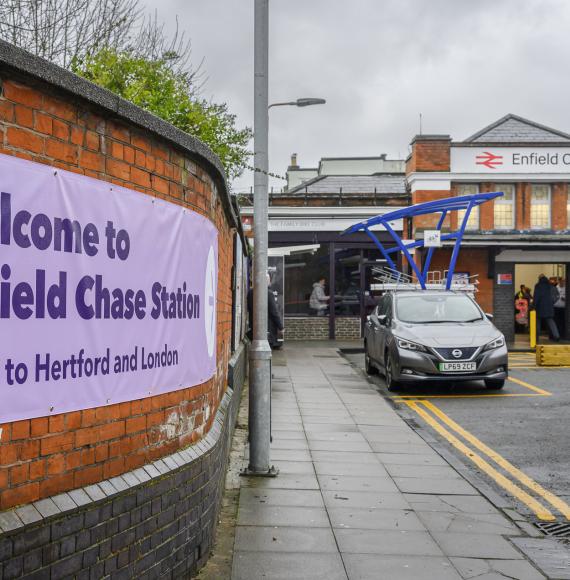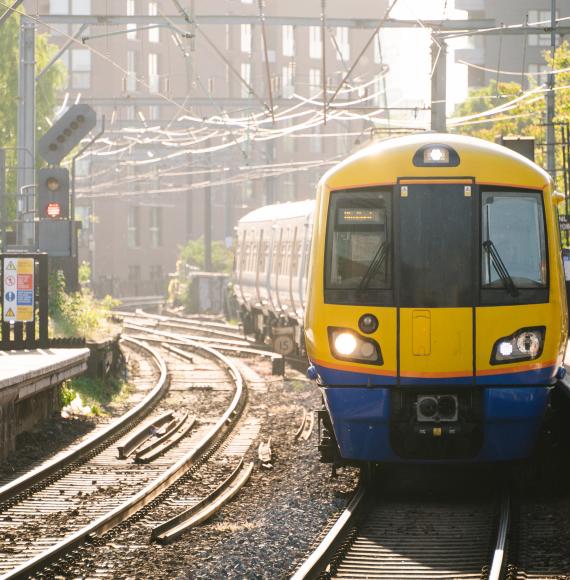From this Sunday (20 July 2025), passengers travelling between Fenchurch Street and Shoeburyness will be riding on publicly-owned trains, as c2c becomes the latest operator to be brought into public ownership under the government’s Plan for Change.
The move marks the second operator to transition under new legislation passed in November 2024, and the sixth overall to be run by the Department for Transport Operator, joining Northern, TransPennine Express, Southeastern, LNER, and South Western Railway. With this change, around 4 in 10 passenger journeys in Britain will now be operated by publicly-owned services.
The transition is a key milestone in the journey toward Great British Railways, the new public body that will unite track and train under one national brand, with a focus on efficiency, reliability, and passenger experience.
Under public ownership, c2c will:
- Continue its strong performance (recently rated 89% in customer satisfaction)
- Share best practices across the DFTO network
- Engage closely with local communities
- Focus on delivering a more efficient, passenger-first railway
Heidi Alexander, Transport Secretary, said:
“Whether you’re shopping in Lakeside or walking along the beach in Southend-on-Sea, from this Sunday you will be able to get there on a train service run by the public, for the public.
“Public ownership is already tackling deep-rooted problems we see on the railway that’s led to spiralling costs, fragmentation and waste. A unified network under Great British Railways will take this further with one railway under one brand with one mission – delivering excellent services for passengers wherever they travel.”
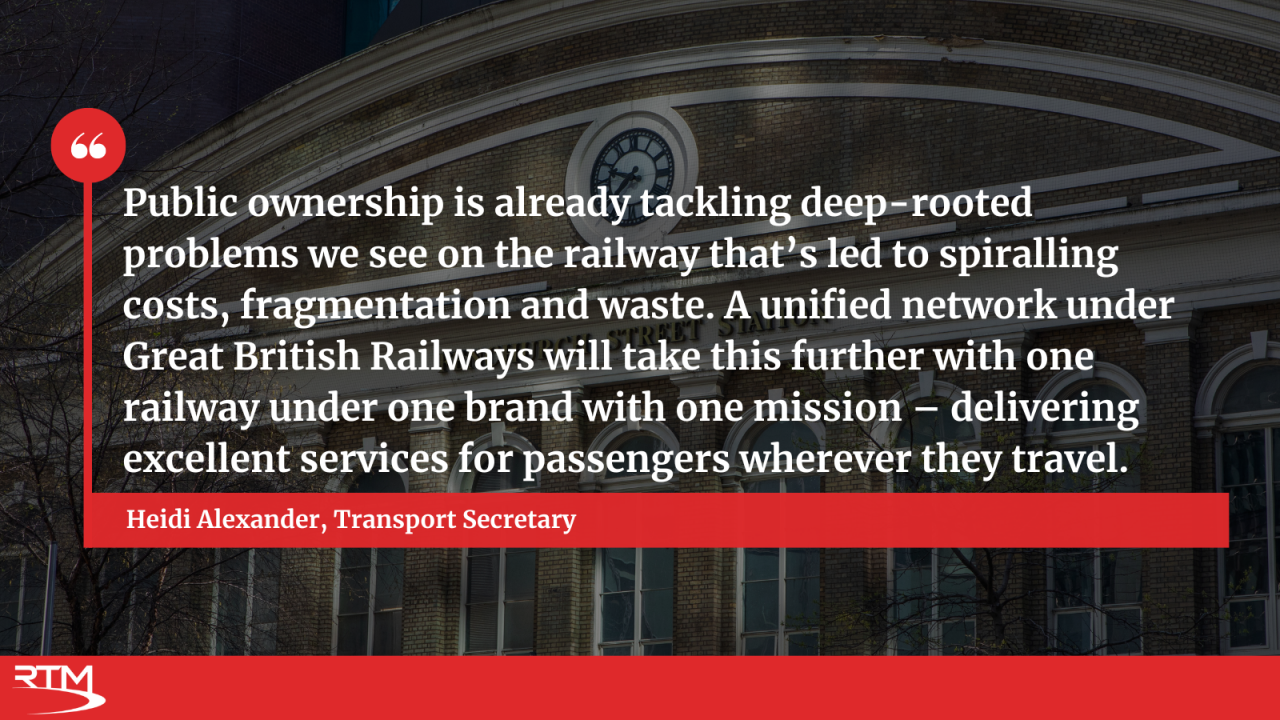
Public ownership brings tangible benefits for passengers, including:
- Flexible ticketing across DFTO services during disruption
- Integrated booking across operators (e.g. Northern and TransPennine Express)
- Seasonal capacity boosts, such as Southeastern’s expanded seaside services
Rob Mullen, Managing Director of c2c, also commented:
“At c2c, we are proud of the reliable and high level of service we offer our passengers, consistently being rated as one of the best performing operators in the country.
“We now have a golden opportunity to collaborate with the wider family of publicly owned operators, sharing our successes and best practice, but also learning from a wide range of different and diverse operators who have already benefited from public ownership, to drive even more improvements for the people and places we all serve.
“A unified and focused railway can deliver more for our communities, including better growth, jobs and houses. If we are thriving as a train operator it helps our communities to thrive. This is the positive feedback loop we are excited to deliver, supported by better and closer collaboration with our partners in the lead up to GBR.”
The government estimates that public ownership will save taxpayers up to £150 million a year in operator fees, with every penny reinvested into improving services.
Public operators will be held to rigorous performance standards on punctuality, cancellations, and customer experience — earning the right to carry the GBR name.
Image credit: iStock

